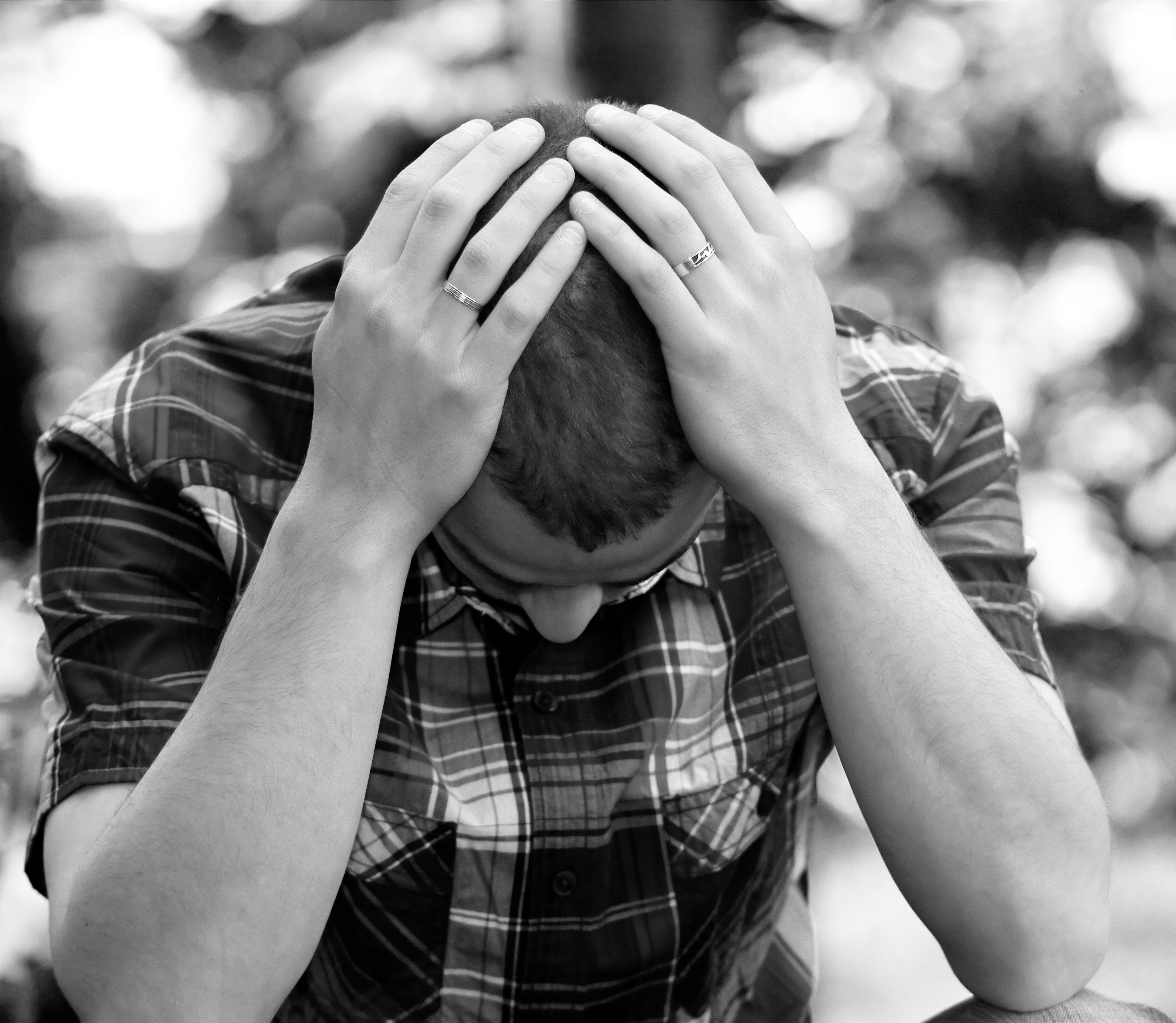What to do when battling emotional and mental distress
You are not alone.
If you have been abused (emotionally, mentally, or physically), are struggling with depression or extreme stress and anxiety, or are just going through a really tough time, there are people who are there to talk you through it and get you the help you need. Besides the SMIC-I counselors, who are here for you during school hours, there are other resources you can utilize if you are hurting inside and need to reach out.
Lifeline Shanghai
There is a hotline or helpline (021-62798990) called Lifeline Shanghai (English-speaking) supported by Community Center and Shanghai International Mental Health Association (SIMHA) that provides emotional support service to the English-speaking community in Shanghai for issues including abuse and self-harm. Here is their website for more details:
https://www.lifeline-shanghai.com
According to the National Institute of Mental Health, depression is not just something adults face; teenagers also struggle with depression but may not know the signs, who to talk to, or what to do. The information below comes directly from the Institute’s site, which includes signs, symptoms, and helpful tips specifically aimed at teens struggling with depression:
Regular sadness
Feeling moody, sad, or grouchy? Who doesn’t once in a while? It’s easy to have a couple of bad days. Your schoolwork, activities, and family and friend drama, all mixed with not enough sleep, can leave you feeling overwhelmed. On top of that, teen hormones can be all over the place and also make you moody or cry about the smallest thing. Regular moodiness and sadness usually go away quickly though, within a couple of days.
Depression
Untreated depression is a more intense feeling of sadness, hopelessness, and anger or frustration that lasts much longer, such as for weeks, months, or longer. These feelings make it hard for you to function as you normally would or participate in your usual activities. You may also have trouble focusing and feel like you have little to no motivation or energy. You may not even feel like seeing your best friends. Depression can make you feel like it is hard to enjoy life or even get through the day.
Signs and Symptoms of Depression
Most of the day or nearly every day you may feel one or all of the following:
- Sad
- Empty
- Hopeless
- Angry, cranky, or frustrated, even at minor things
You also may:
- Not care about things or activities you used to enjoy.
- Have weight loss when you are not dieting or weight gain from eating too much.
- Have trouble falling asleep or staying asleep, or sleep much more than usual.
- Move or talk more slowly.
- Feel restless or have trouble sitting still.
- Feel very tired or like you have no energy.
- Feel worthless or very guilty.
- Have trouble concentrating, remembering information, or making decisions.
- Think about [death, self-harm, or attempt taking of your own life].
Not everyone experiences depression the same way. And depression can occur at the same time as other mental health problems, such as anxiety, an eating disorder, or substance abuse.
Be Good to Yourself
Besides seeing a doctor and a counselor, you can also help your depression by being patient with yourself and good to yourself. Don’t expect to get better immediately, but you will feel yourself improving gradually over time.
- Daily exercise, getting enough sleep, spending time outside in nature and in the sun, or eating healthy foods can also help you feel better.
- Your counselor may teach you how to be aware of your feelings and teach you relaxation techniques. Use these when you start feeling down or upset.
- Try to spend time with supportive family members. Talking with your parents, guardian, or other family members who listen and care about you gives you support and they can make you laugh.
- Try to get out with friends and try fun things that help you express yourself.
If you are hurting, don’t keep it to yourself. Talk to someone today.
Featured Image by Sander van der Wel courtesy of Wikimedia Commons

